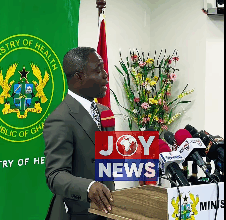Ghana hosts landmark training for effective tobacco control advocacy in Africa
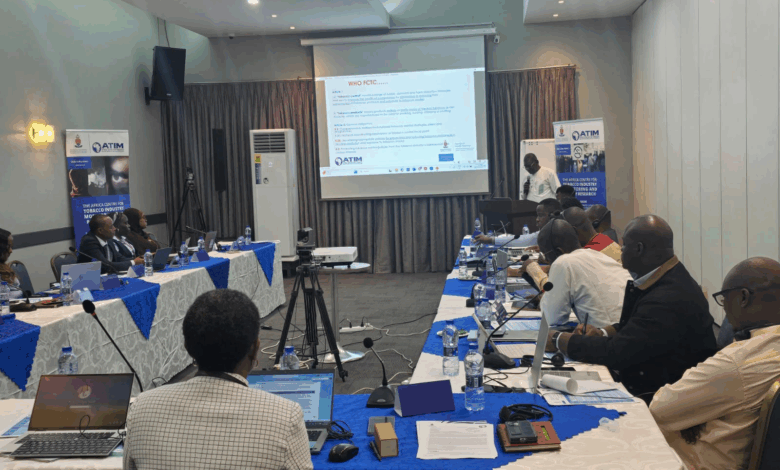
Public health experts, tobacco control advocates, journalists, and government representatives from across Africa have gathered in Accra for a high-impact, week-long training on tobacco industry monitoring and response.
The initiative, hosted from 13th to 17th October 2025 at the Fiesta Royale Hotel, forms a central component of the BETA 3.0 Project – Building Capacity in Industry Monitoring for Effective Tobacco Control Advocacy in Africa.
Led by the Africa Centre for Tobacco Industry Monitoring and Policy Research (ATIM) at the University of Pretoria, in collaboration with the African Capacity Building Foundation (ACBF), this training seeks to arm African countries with the tools, knowledge, and networks required to tackle the rising threat of tobacco industry interference (TII).
Supported on the ground by Vision for Accelerated Sustainable Development (VAST-Ghana), the training reflects a growing regional consensus that strong, coordinated action is essential to combat the tobacco industry’s evolving tactics across the continent.
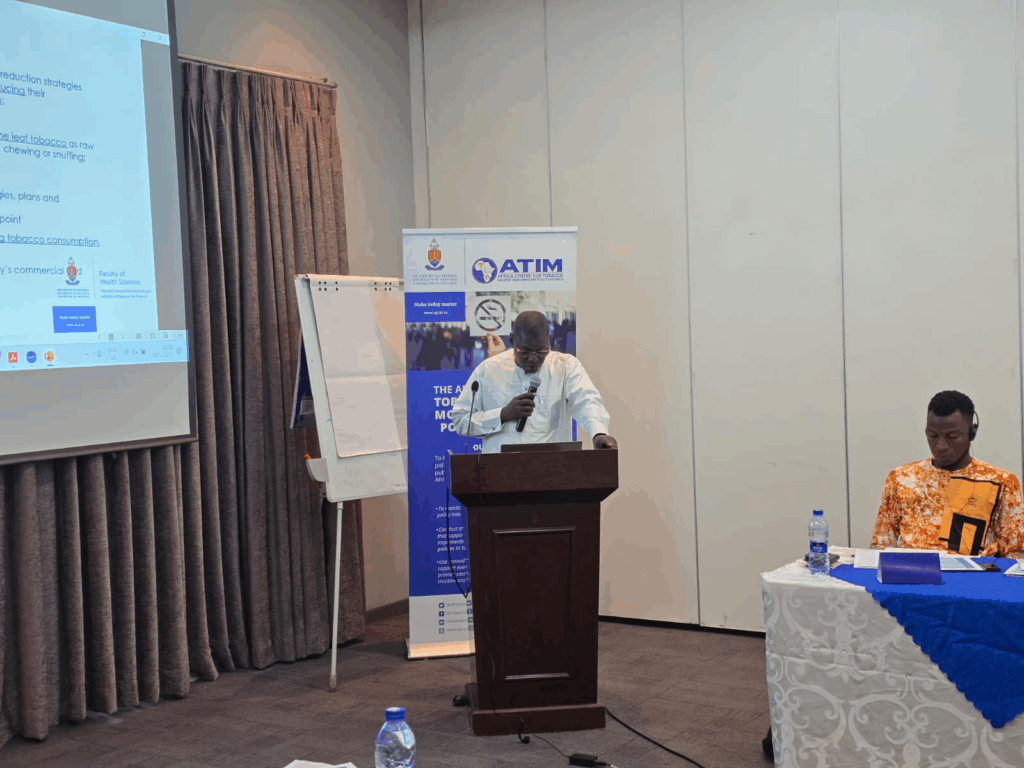
Speaking at the event, Mr Desmond Boateng, Chief Director at the Ministry of Health, welcomed over 60 participants from 17 African nations, including Nigeria, South Africa, Kenya, Uganda, Ethiopia, and Burkina Faso.
“It is a privilege for Ghana to host this year’s event, bringing together experts and practitioners from across Africa to build capacities and strengthen our shared defence against tobacco industry interference,” Mr Boateng stated.
He highlighted that the training comes at a critical time, as Africa sees a rise in aggressive lobbying, digital marketing, and policy infiltration by the tobacco industry.
“This is both a health and economic crisis,” he warned. “The return on investment in tobacco control is undeniable.”
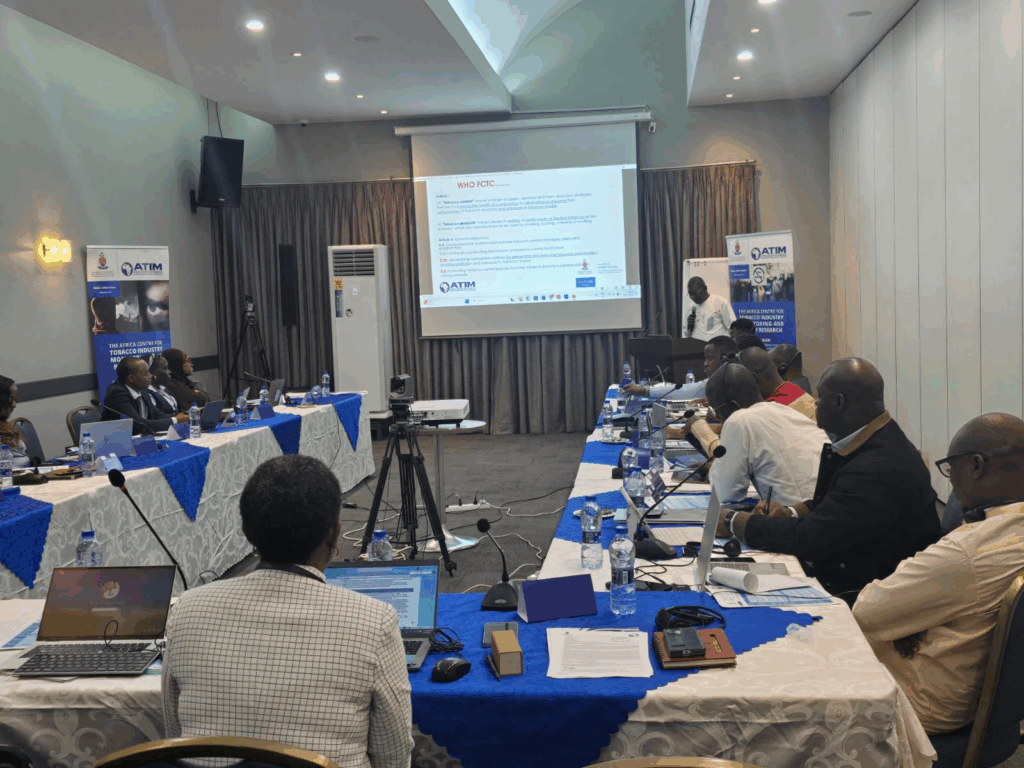
The training is designed to be interactive, focusing on real-world application of monitoring, advocacy, and policy response techniques.
- Analysis of WHO FCTC implementation guidelines, with emphasis on Article 5.3;
- Investigation of tobacco industry interference, including document research and monitoring of digital tactics;
- Development of national advocacy strategies, including media engagement and political mapping;
- Use of the ATIM Monitoring App to log and track industry activity in real time.
Participants are required to fully commit to the entire process, which includes:
- The five-day in-person course in Ghana;
- Monthly online mentoring sessions with local and regional experts from the Africa Tobacco Control Alliance (ATCA);
- Active participation in national in-country teams;
- Drafting and implementation of tailored work plans to strengthen national TII response;
- Biannual progress reports and at least one jointly published report on industry tactics;
- Continuous use of the ATIM App for ongoing monitoring.
In his keynote address, Mr Boateng detailed the progress Ghana has made in the tobacco control landscape:
- The Public Health Act (2012) and Tobacco Control Regulations (2016) continue to serve as the country’s legal backbone;
- In 2023, Ghana adopted its first five-year National Tobacco Control Strategy (2023–2027) aligned with WHO “best buy” interventions;
- A renewed taxation policy under the Excise Duty (Amendment) Act (2023) has introduced specific levies on tobacco products, with a target to raise taxes to 70% excise share;
- Ghana has ratified the WHO Protocol to Eliminate Illicit Trade in Tobacco Products and was selected as a Phase 3 country under the WHO FCTC 2030 Project;
- A 2024 Investment Case for Tobacco Control showed that five priority FCTC measures could save 20,000 lives and generate GHS 1.6 for every GHS 1 invested by 2027.
Despite these milestones, Mr Boateng acknowledged growing threats such as e-cigarettes, vaping, and cross-border marketing as ongoing challenges, noting that enforcement of public smoking bans remains inconsistent.
“Plans and measures are underway to address these gaps,” he assured.
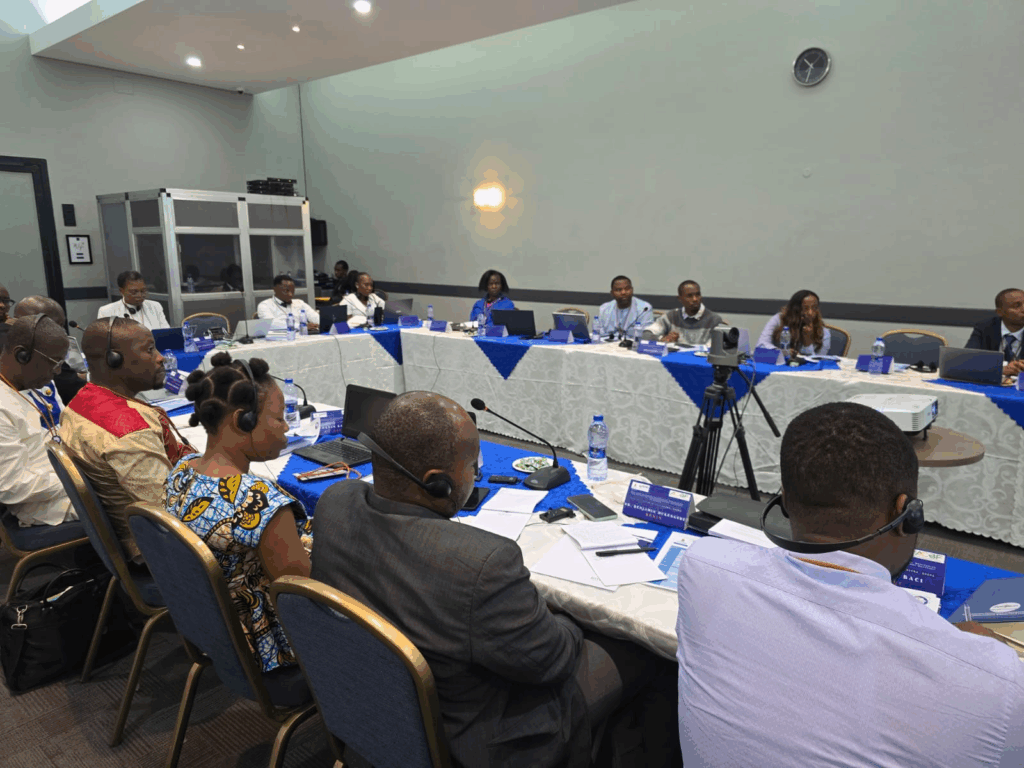
The role of civil society in tobacco control was also spotlighted during the event.
Mr Boateng applauded VAST-Ghana, a leading national NGO, for its contributions and congratulated Mr Labram Musah, Executive Director of VAST-Ghana, for being awarded the 2025 WHO World No Tobacco Day Award for his leadership and dedication.
“This is an opportunity for Ghana to consolidate its achievements in tobacco control and to learn from others across Africa,” said Mr Musah. “Industry interference remains the biggest stumbling block. We must empower governments, civil society, media, and researchers to expose and resist it.”
He thanked ATIM and ACBF for their commitment to building African capacity to tackle what he described as “one of the 21st century’s greatest public health threats”.
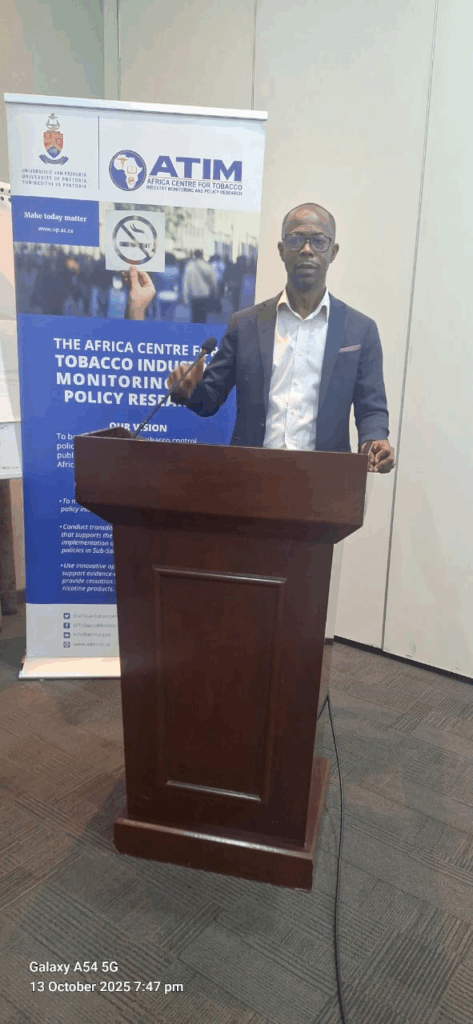
The training forms a central part of a wider push to operationalise WHO FCTC Article 5.3 and eliminate the tobacco industry’s influence on health policy across the continent. It is also a platform for shared learning, peer-to-peer mentorship, and innovation in advocacy techniques.
“Participants should not see themselves as mere trainees,” Mr Boateng concluded, “but as champions, mentors, and multipliers of change.”
“Let us together accelerate progress toward a tobacco-free generation in Africa.”
Professor Lekan Ayo-Yusuf, Director, Africa Centre for Tobacco Industry Monitoring and Policy Research (ATIM), University of Pretoria, was optimistic about the impact of the programme.
“This programme equips African advocates, researchers, and policymakers to identify and counter tobacco-industry interference with public-health policy,” said Prof. Lekan Ayo-Yusuf, ATIM Director and course facilitator. “It builds an African network capable of safeguarding our nations from commercial influence.”
DISCLAIMER: The Views, Comments, Opinions, Contributions and Statements made by Readers and Contributors on this platform do not necessarily represent the views or policy of Multimedia Group Limited.
DISCLAIMER: The Views, Comments, Opinions, Contributions and Statements made by Readers and Contributors on this platform do not necessarily represent the views or policy of Multimedia Group Limited.
Source link





